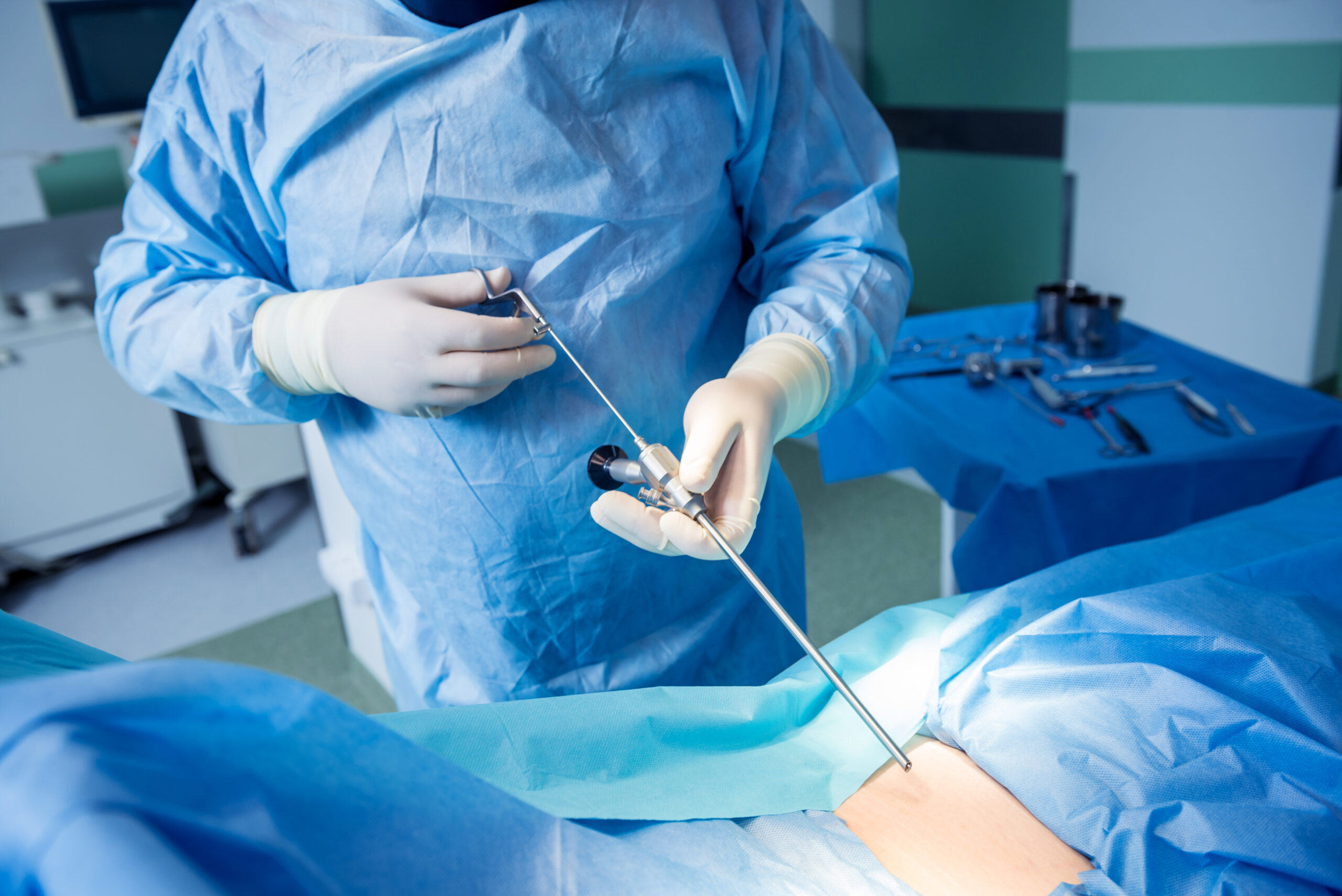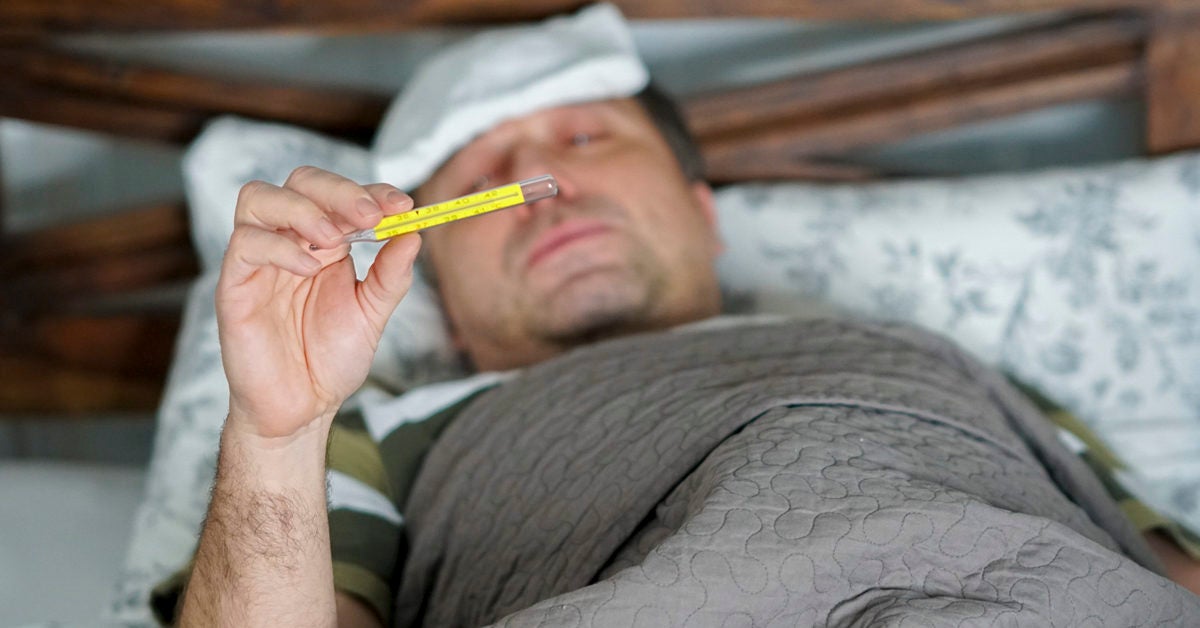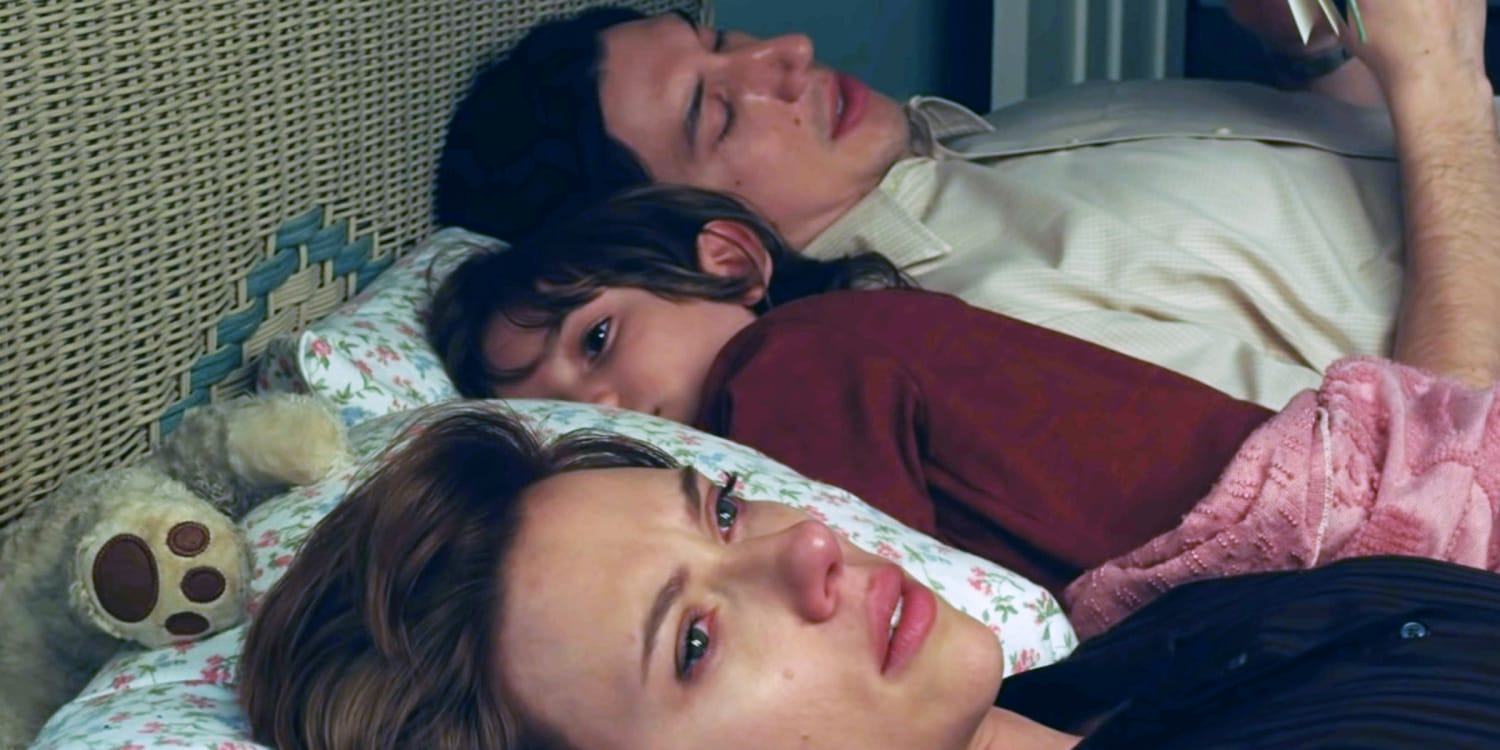Testosterone and Aging: What Happens to Men’s Health as Levels Decline? – Tennessee Men’s Clinic

As men age, their bodies undergo numerous changes, many of which are tied to the natural decline in testosterone levels. Testosterone, often dubbed the “male hormone,” plays a crucial role in various bodily functions, from maintaining muscle mass and bone density to regulating mood and energy levels. We’ve got experts like Tennessee Men’s Clinic with us to help us understand what happens as testosterone levels decline with age is essential for maintaining overall health and well-being.
The Natural Decline of Testosterone
Testosterone levels peak in early adulthood, typically around the age of 18 to 20, and then gradually decline by about 1% to 2% per year starting around the age of 30. This decline is a natural part of aging, but the rate and extent of this decrease can vary widely among individuals. By the time men reach their 50s and 60s, many experience symptoms related to low testosterone, often referred to as “andropause” or “male menopause.”
Symptoms of Declining Testosterone
The effects of declining testosterone levels can manifest in various ways, impacting both physical and psychological health. Common symptoms include:
Reduced Muscle Mass and Strength: Testosterone is critical for maintaining muscle mass and strength. As levels decline, men may notice a loss of muscle tone and increased difficulty in building or maintaining muscle through exercise.
Increased Body Fat: Alongside muscle loss, lower testosterone can lead to an increase in body fat, particularly around the abdomen. This change in body composition can further exacerbate feelings of fatigue and low energy.
Decreased Bone Density: Testosterone helps maintain bone density, and a significant decline can increase the risk of osteoporosis and fractures, particularly in older men.
Reduced Libido and Sexual Function: Lower testosterone levels are closely linked to a decrease in libido and sexual performance. Men may experience fewer spontaneous erections, lower sexual desire, and, in some cases, erectile dysfunction.
Mood Changes: Testosterone has a significant impact on mood and mental health. Men with low levels may experience mood swings, irritability, depression, and a general sense of low well-being.
Fatigue and Decreased Energy Levels: A common complaint among men with low testosterone is persistent fatigue and a noticeable drop in energy levels, making it harder to stay active and engaged in daily activities.
Cognitive Decline: Some studies suggest that low testosterone levels may be linked to cognitive decline, affecting memory, concentration, and mental clarity.
The Role of Testosterone Replacement Therapy (TRT)
Given the wide-ranging effects of declining testosterone, many men turn to testosterone replacement therapy (TRT) as a way to restore their levels to a more youthful range. TRT can be administered in various forms, including injections, gels, patches, and pellets implanted under the skin.
Benefits of TRT: For men with clinically low testosterone, TRT can provide several benefits, including:
- Improved muscle mass and strength
- Enhanced libido and sexual performance
- Increased bone density
- Better mood and reduced symptoms of depression
- Higher energy levels and reduced fatigue
- Improved cognitive function
Risks and Considerations: However, TRT is not without risks. Potential side effects include:
- Increased risk of cardiovascular problems, such as heart attack and stroke
- Worsening of sleep apnea
- Enlarged prostate and increased risk of prostate cancer
- Acne and other skin reactions
- Mood swings and irritability
Because of these risks, TRT should only be considered after a thorough evaluation by a healthcare provider, including blood tests to confirm low testosterone levels and an assessment of overall health and potential contraindications.
Lifestyle Strategies to Maintain Healthy Testosterone Levels
While TRT can be an option for some, many men can maintain healthy testosterone levels through lifestyle changes and proactive health management. Some strategies include:
Regular Exercise: Resistance training and high-intensity interval training (HIIT) are particularly effective at boosting testosterone levels and maintaining muscle mass.
Healthy Diet: A diet rich in healthy fats, proteins, and whole foods can support hormone production. Foods like eggs, nuts, and leafy greens are particularly beneficial.
Adequate Sleep: Poor sleep is strongly linked to lower testosterone levels. Aim for 7-9 hours of quality sleep per night to support hormone health.
Stress Management: Chronic stress increases cortisol, a hormone that can negatively impact testosterone levels. Practices like meditation, deep breathing, and regular physical activity can help manage stress.
Weight Management: Maintaining a healthy weight is crucial, as obesity is closely linked to lower testosterone levels.
Limiting Alcohol and Avoiding Tobacco: Excessive alcohol consumption and smoking can both lower testosterone levels and negatively impact overall health.
The natural decline in testosterone as men age is an inevitable part of life, but understanding its effects can help in managing the symptoms and maintaining quality of life. While testosterone replacement therapy offers a potential solution for some, it’s essential to weigh the benefits and risks carefully. For many, adopting a healthy lifestyle with regular exercise, a balanced diet, and adequate sleep can go a long way in mitigating the effects of declining testosterone. Ultimately, staying informed and proactive about health as testosterone levels change with age is key to living a full and active life.





